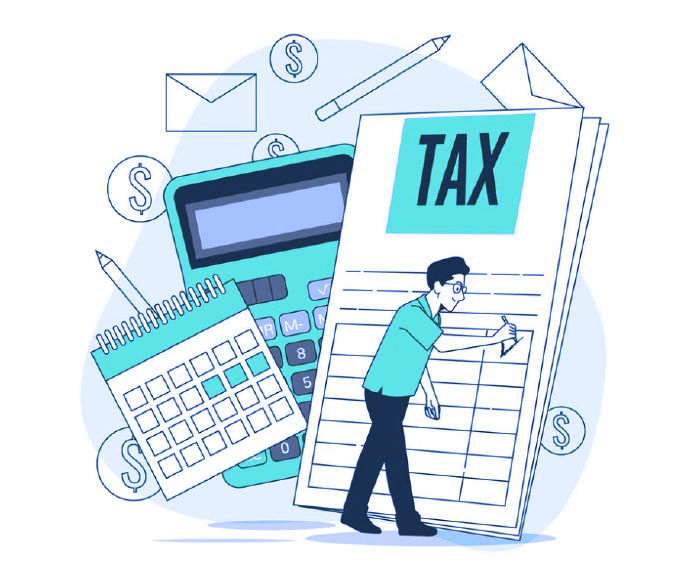Introduction
On February 12, 2025, the House of Representatives passed the second reading of four major tax reform bills introduced by His Excellency, President Bola Ahmed Tinubu. These bills aim to consolidate existing tax laws, eliminate outdated provisions, and streamline Nigeria’s tax system for improved efficiency and compliance.
The Tax Reform Bills at a Glance
The reform package, first introduced on October 8, 2024, includes:
- Nigeria Revenue Service (Establishment) Bill – Aims to redefine and strengthen Nigeria’s tax authority.
- Nigeria Tax Bill –Proposes a unified framework to consolidate various tax laws
- Nigeria Tax Administration Bill –Aims to streamline tax collection processes and improve administrative efficiency.
- Joint Revenue Board (Establishment) Bill – Establishes a coordinating body for revenue generation across federal and state governments.
These bills are currently under review by the House Committee on Finance ahead of the third reading.
Practical Implications for Stakeholders
For Individuals:
- Personal Income Tax Adjustments: The consolidation of tax laws may result in changes to personal income tax rates and deductions, potentially providing relief for low-income earners while increasing obligations for higher earners.
- Greater Transparency: A unified tax system is expected to reduce confusion, making it easier for taxpayers to understand their obligations and rights.
For SMEs (Small and Medium-sized Enterprises):
- Lower Compliance Costs: A simplified tax structure could reduce administrative burdens and the cost of compliance, allowing SMEs to focus on business growth.
- Improved Planning: A more predictable tax regime enables SMEs to plan finances more effectively.
For Large Businesses:
- Revised Tax Liabilities: With outdated provisions repealed, large businesses may need to reassess their tax obligations and adjust their financial strategies accordingly.
- Opportunities for Incentives: Potential tax relief measures could support investment, innovation, and industry competitiveness.
For the Government:
- Enhanced Revenue Generation: A modernized tax system aims to improve collection efficiency, curb tax evasion, and expand the tax base.
- Administrative Efficiency: Consolidating multiple tax laws should improve enforcement, reduce bureaucratic delays, and enhance transparency in tax governance.
Next Steps in the Legislative Process
- Committee Review – The House Committee on Finance will conduct further scrutiny, consider stakeholder feedback, and propose amendments.
- Third Reading & House Approval – The full House of Representatives will debate and vote on the bills before passing them to the Senate.
- Senate Consideration & Presidential Assent – If approved by the Senate, the bills will require presidential assent to become law.
- Implementation Timelines – If passed, implementation is expected to commence by mid-2025, with phased adjustments to allow for transition.
Navigating Tax Reforms with SimmonsCooper Partners
As Nigeria’s tax landscape evolves, businesses and individuals will need to adjust to new compliance requirements and regulatory expectations. Understanding how these reforms affect tax obligations, financial planning, and business operations is essential for minimizing risks and maximizing opportunities. For further insights, contact info@scp-law.com or visit www.scp-law.com.





